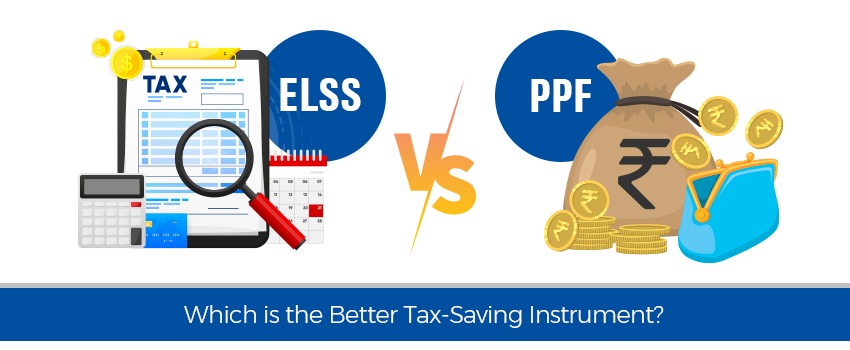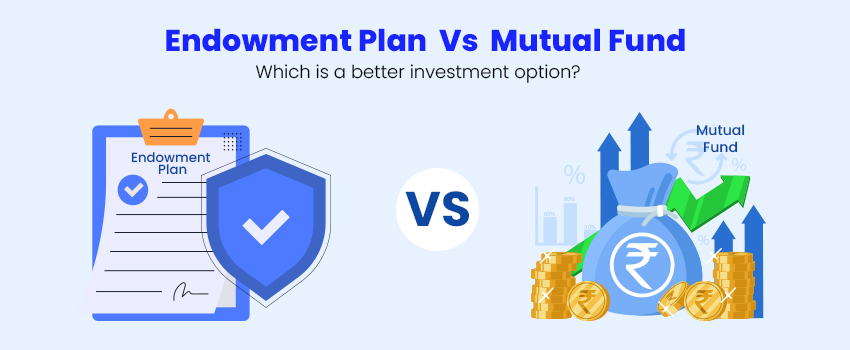In the last article, we told you what is life insurance and why is it important for you to have one. Just to recap, a life insurance policy protects your family form the risk of you dying early, by providing for your family in the event of your death. It is thus extremely critical to choose the right policy in order to secure your family’s future. Thus, the next logical question is what life insurance policy do you take? Before we answer this for you, let’s take a look at different life insurance policies available to us today.
1. Term plans: As the name suggests this policy is only for a specific term/period. The insurer needs to pay premium only during this specific period and it has the lowest possible premium amongst all insurance policies. Any term period can be selected upto a maximum of 35 years.
In case of untimely death within the period of the policy, the benefit holders (family) get the total sum insured of the policy. In case the insured does not die within the period of the policy, the premiums paid toward the policy are not returned back. The major benefits of going for term plans is that you get a higher cover at a much cheaper cost and you also get tax exemption for the amount of premium paid.
2. Whole life plans: This type of policy provides a life cover throughout the life of the insurer. The insurer pays a fixed premium for his entire life term. Upon death the entire corpus is paid to the family. However, the policy holder is not entitled to any benefit i.e. there are no survival benefits.
Whole life policies are also being combined with other products like retirement planning to address other customer requirements.
3. Endowment plans: These are the most popular insurance policies amongst masses, as it combines savings along with insurance.
Upon death of the insured person within the tenure of the policy, the beneficiaries get the total sum assured in the contract. In case the insured survives the period of the insurance, he/she gets back the premiums paid along with returns like bonuses.
4. ULIPs: Unit linked insurance plans meet the twin goals of investment plus insurance. Part of the premium paid is invested in equities/bonds while the balance is used towards life insurance
5. Pension plans: Pension plans as the name suggests, provide you with a regular source of money in your retirement period, by saving in your earning years. In this plan, the policy holder pays lump sum amount or premiums for certain years, to get annuity in later years.
6. Money Back plans: These plans are to provide for certain occasions like marriage, education etc. when the money is required by the policy holder. Money is paid back to the policy holder after the specified period. If however, the holder expires before this period, the sum assured is paid to the family
What are the general benefits provided by life insurance policies?
Death benefits: This is the basic purpose of any life insurance plan that protects the family from the untimely death of the insurer.
Maturity benefits: Most plans except pure term plans provide the policy holder with a lump sum amount of the premiums paid plus any other benefits mentioned in the plan
Tax Benefit: All premiums paid toward insurance policies are applicable for tax benefits under Income tax act Section act 80C, up to a maximum of Rs. 1 Lakh. In case of physically handicapped this limit in extended by another Rs. 50000 while in case of severely handicapped this amount is extended to Rs. 75000. Further, entire amount received death benefits are tax free according to Section 10D of the Act. However, in case of maturity benefits the premium paid should not exceed 20% of the sum assured.
Loan Facility: In certain insurance policies, the policy holder is also allowed to take loan against the policy
Riders: These are additional benefits that a policy holder gets along with the insurance policy. These may include things like accidental death, critical illness, etc.
So which policy should you chose?
So, now that you are aware of the various kinds of policies available to you, let’s come back to the basic question – which one should you choose? Which policy will provide to you the ideal cover and the peace of mind that comes with knowing that your loved ones will be financially secure in case you happen to face an untimely event?
Any person who doesn’t have any dependents doesn’t need any cover for life. However, very few of us fall into this category. Most of us have people who we need to care for – parent/s, spouse, child/children, younger sibling/s or other family members.
We at MoneyWorks4me strongly believe that you should only buy a term plan. We re-iterate – Buy a term plan and invest the difference! This is because it provides you a cover for a large sum of money at a very nominal premium. Many people overlook a term plan as it pays back nothing if you survive the full policy tenure. But, think what if you don’t. And that is why a term plan should be first step towards protecting yourself – providing a substantial cover at very affordable premium.
The obvious push-back to term plans is that while other policies also serve as a saving/investment option, term insurance only serves the purpose of insurance. But have you ever thought that you may be better off investing that amount on your own. In fact the returns you can make by buying a Term plan and investing the rest in a mutual fund will be higher than what any fancy life insurance policies can give you.
Another push back is that the term insurance provides for very less tax incentive. This can easily refuted by the fact that there are many tax saving avenues available to us today. And again they can give us better returns too!
The final argument we would like to give in favor of a term insurance is – Simplicity! You need insurance, so buy insurance! If you want to invest your money, look for better avenues. Do not complicate your life by combining two goals in one. Keep it simple!
If you liked what you read and would like to put it in to practice Register at MoneyWorks4me.com. You will get amazing FREE features that will enable you to invest in Stocks and Mutual Funds the right way.
Need help on Investing? And more….Puchho Befikar
Kyunki yeh paise ka mamala hai
Start Chat | Request a Callback | Call 020 6725 8333 | WhatsApp 8055769463










Thanks for the details ,this will guide every individual for choosing best insurance for future, p.panda (Reliance life)
@3c7cf46b5f5b794d6588e479502628e7:disqus Thanks! We appreciate your feedback.
Hi Team,
I enjoyed reading your article on Insurance. However this is the time of the year when we all need to make some savings for the sake of tax deductions. Could you please tell us what are the options avaialable and what would be best one for a salaried employee?
@e4025420a7b62b776ed22c94c4e4b751:disqus Thanks for your feedback and suggestion!
We will soon be writing to educate our readers on tax saving options available to a salaried employee.